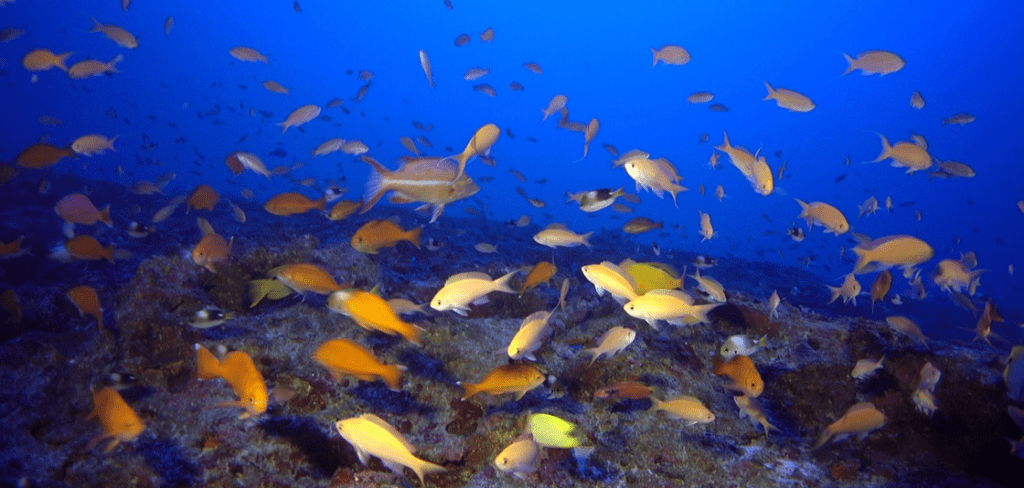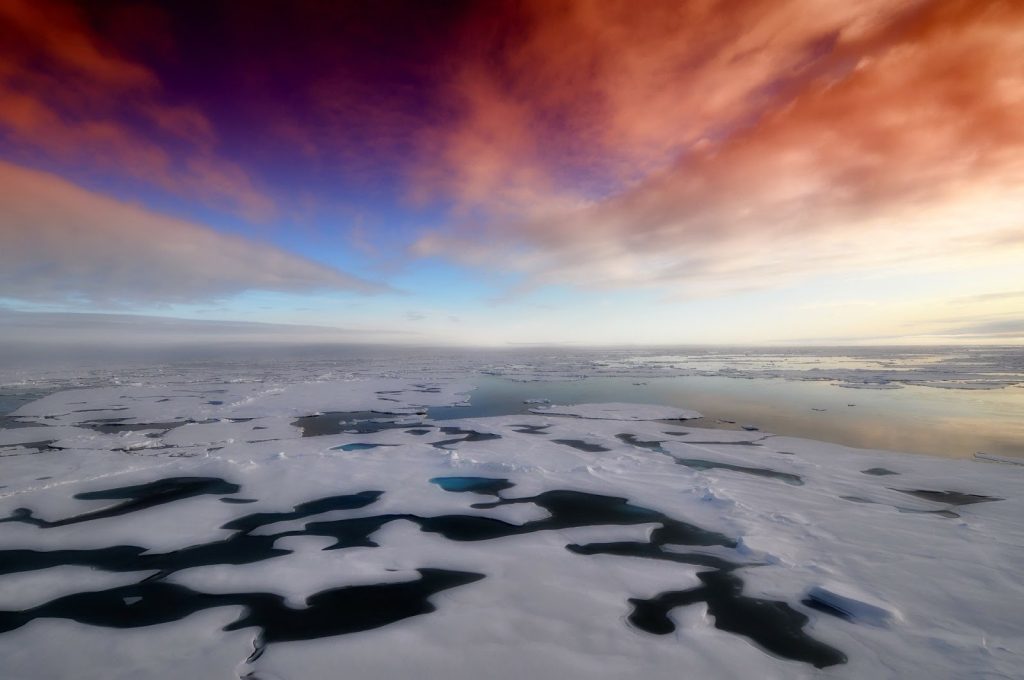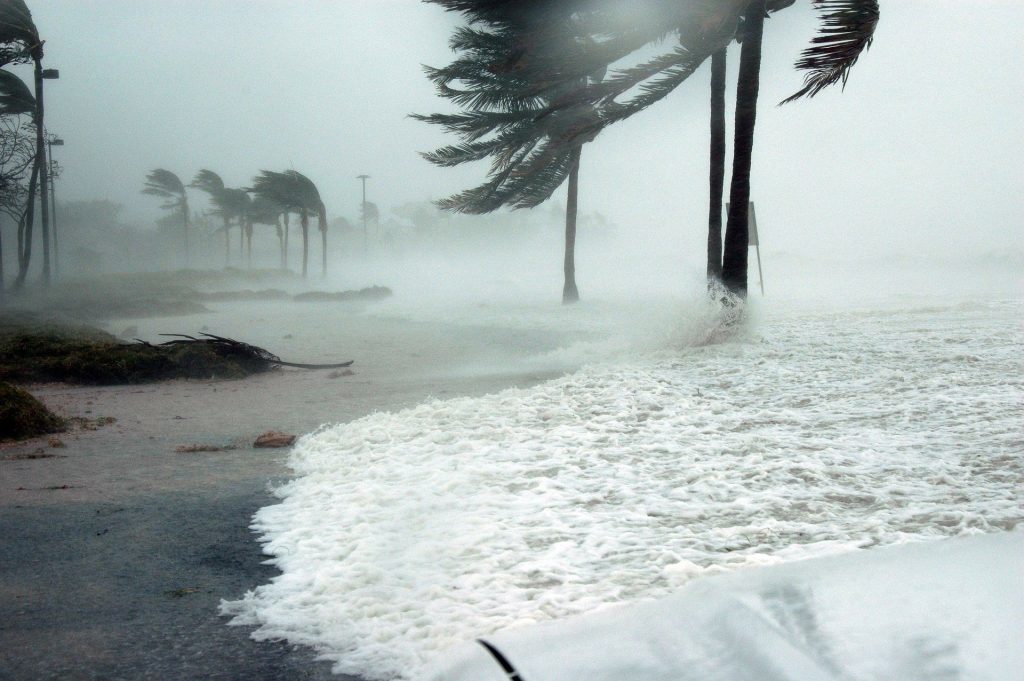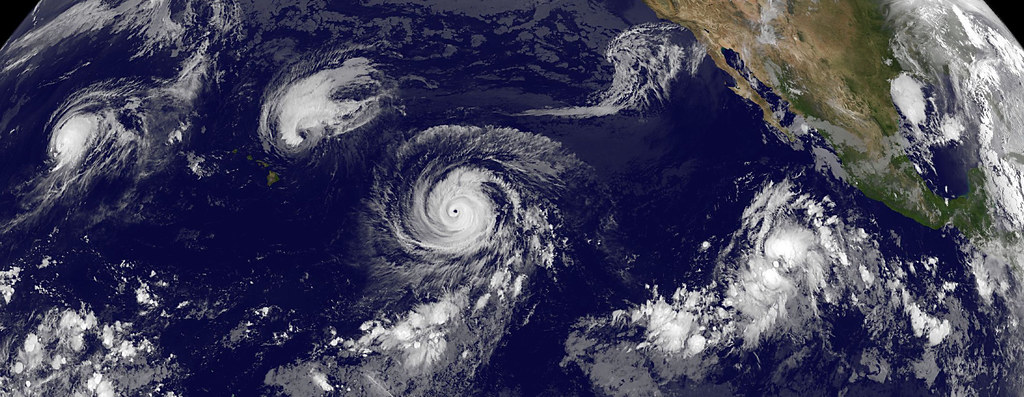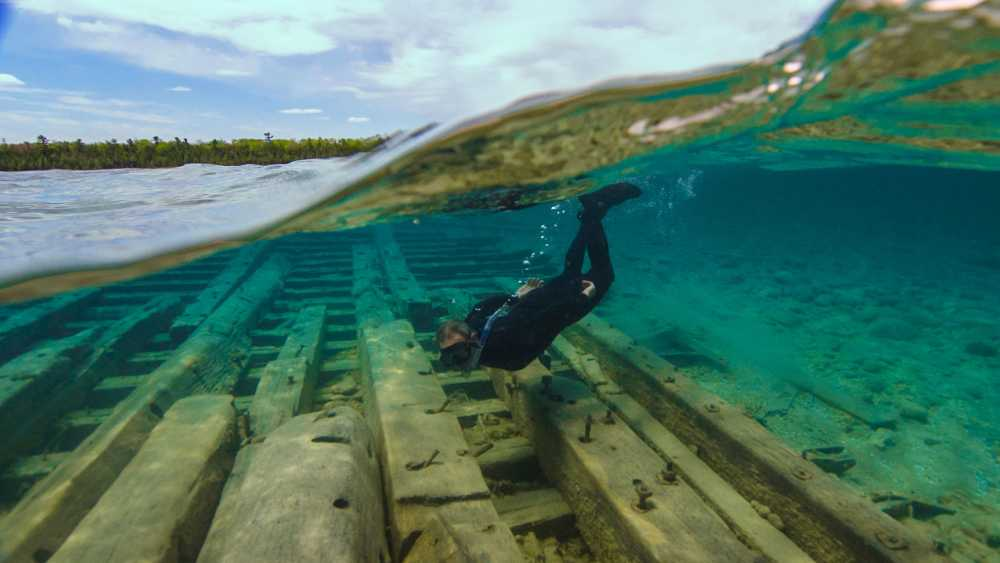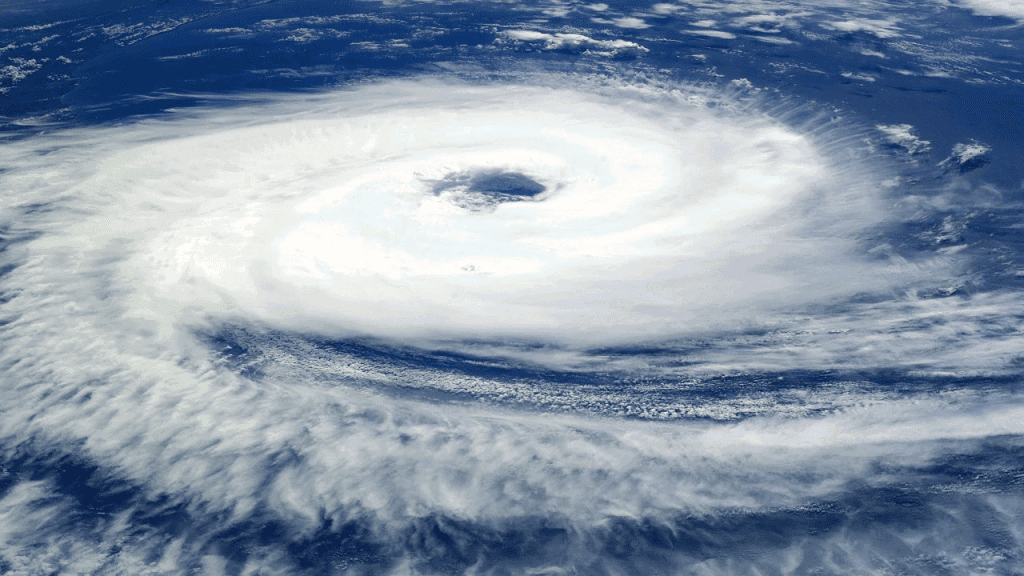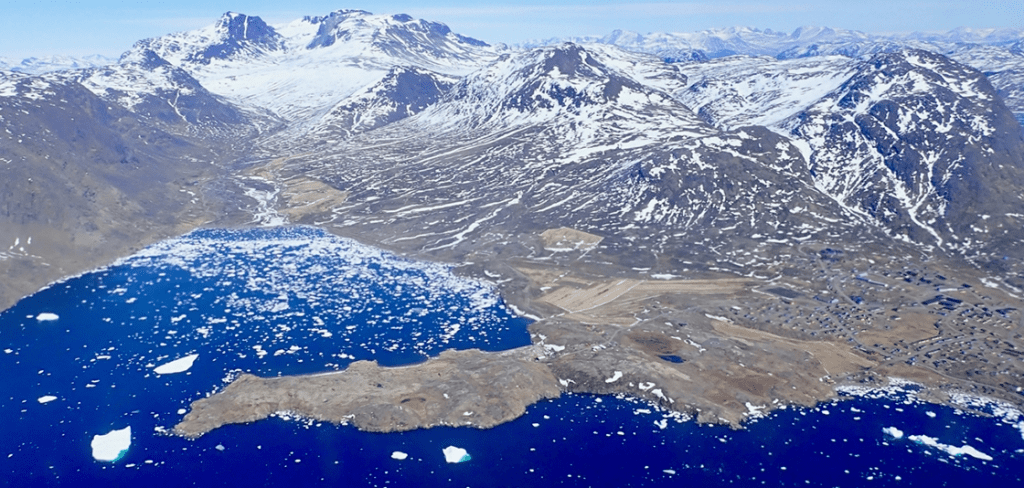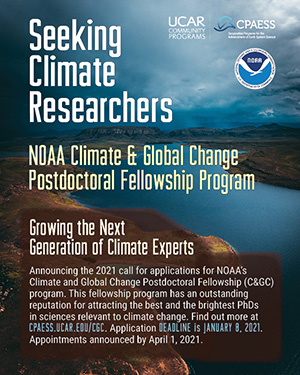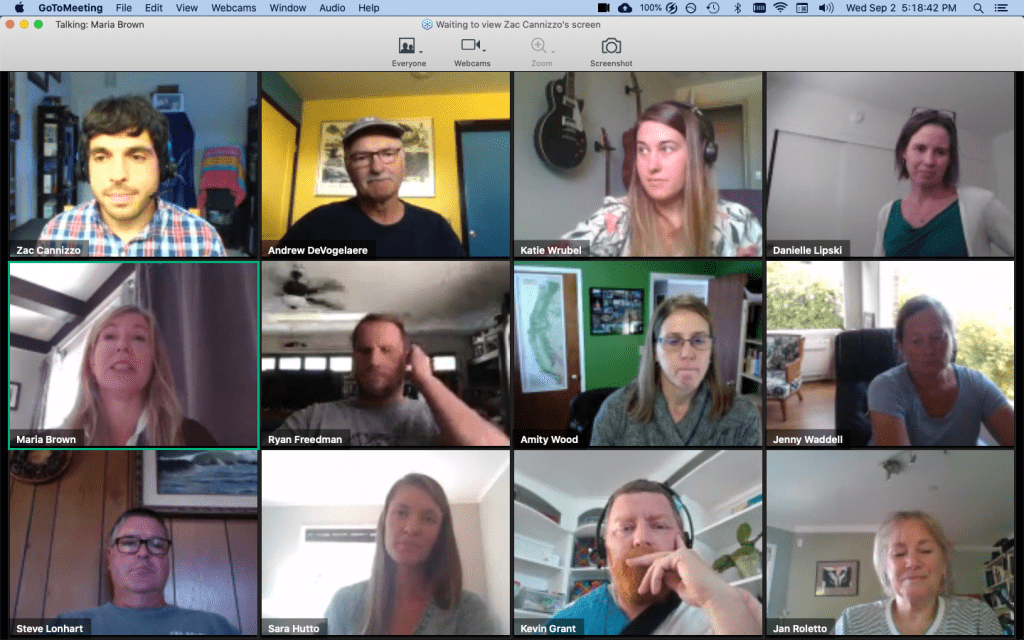MERT Partners with Pacific Islands National Marine Sanctuaries to Identify Climate Science Needs
Participants identified rising ocean temperatures; ocean acidification and carbonate dynamics; the impacts of climate variability and change on deep water ecosystems; extreme events; and the ability to predict and project these changes at temporal and spatial scales meaningful to sanctuaries as the most pressing needs.


